
OR
With continued fluctuations, can Nepal ‘succeed’ to promote exclusive breastfeeding?
Published On: August 10, 2018 10:45 AM NPT By: Bipana Thapa

-
The global average of exclusive breastfeeding is 41 percent, according to data by UNICEF, 2018.
-
Data shows that 75% of mothers practiced exclusive breastfeeding in 1996 AD, the highest until now. Over the years, the numbers fluctuated.
-
The Department of Health Sciences has also urged the government to increase the 60 days paid-leave given for mothers after the postpartum stage to 98 days.
-
For the most part, milk production is a “use it or lose it” process.
KATHMANDU, August 10: Saraswoti Raya, 30 was fondly holding her first child. The baby boy weighs a healthy three kilogram. Knowing that she has to breastfeed her child with colostrums milk once the baby was born, she did that. Colostrum is the first form of milk produced by the mammary glands immediately following delivery of the newborn.
However, the milk she secretes is insufficient for the baby because she has lost her appetite after her cesarean delivery, commonly known as C-section. The process took between 45 minutes to an hour and strained the new mother.
Her sister, Mandira is trying her best to feed Saraswati with a liquid diet which would then help the new mother to secrete more milk for the child. However, with loss of appetite, she hasn’t been able to do so, thereby resulting in less milk secretion. As a result, despite her awareness on exclusive breastfeeding for six months, she is bottle feeding her child.
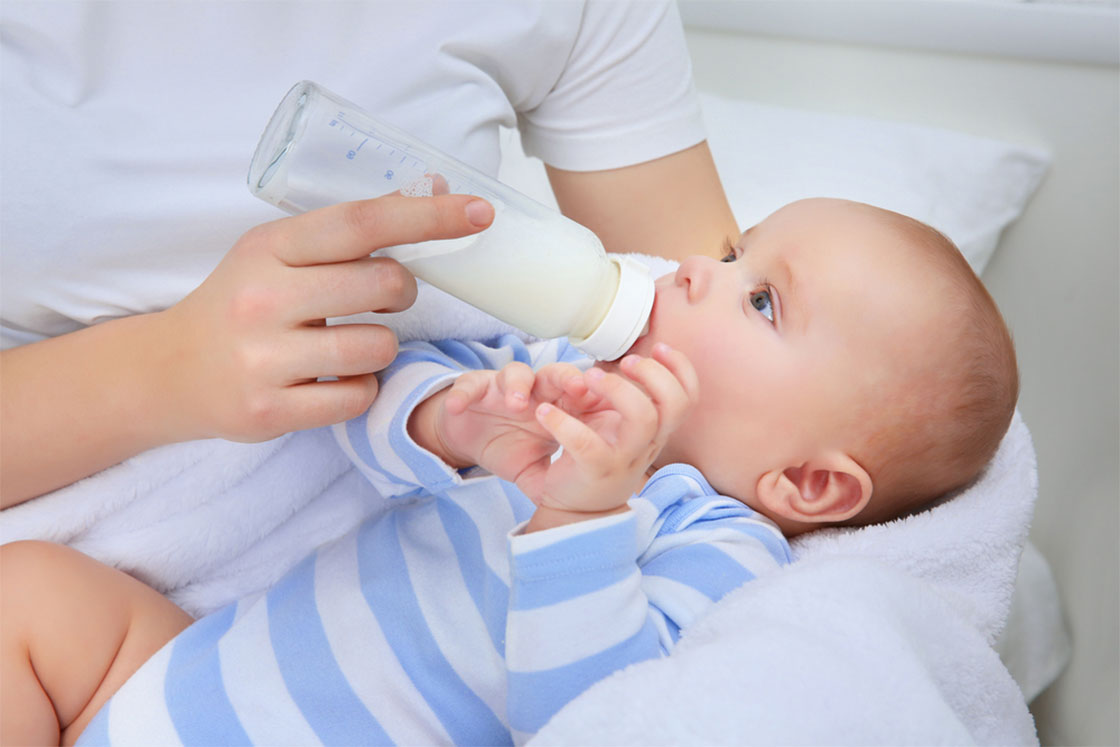
The baby’s birth coincided with the World Breastfeeding Week: August 1 to 7. The celebration started in 1992 AD to promote breastfeeding and highlight the benefits it brings to both the mother and the child. Now it is observed in over 120 countries by UNICEF, WHO and different international and national organizations. As part of its solidarity for the cause, Nepal started to mark the day since 1992 AD itself.
Since then, across the world and in Nepal itself, there have been scores of projects and national programs to promote breastfeeding and improve maternal and neonatal health. These include improving access to health facilities, training, capacity building, strengthening health workers and community health workers, educating and empowering women and girls and expanding services catered by health institutions.
However, despite ample efforts, the global average of exclusive breastfeeding is 41 percent, according to a data by UNICEF, 2018. More than two third of the countries contribute to the global average. The countries include Latin America and the Caribbean (39%), West and Central Africa (33%), Eastern Europe and Central Asia (32% each), North America (26%) and East Asia and the Pacific (22% each).
Only two regions, the Eastern and Southern Africa, and South Asia stand above the global average with 56% and 52% respectively.

In Nepal, exclusive breastfeeding is fluctuating, according to a data compiled by the World Bank. The data relies on those presented by international organizations such as Save the Children, UNICEF and WHO.
Data shows that 75% of mothers practiced exclusive breastfeeding in 1996 AD, the highest until now. Over the years, the numbers fluctuated. In 2001 AD, it dropped to 68.3% and further down to 53.23% in 2006 AD. While it again rose up to 69.64% in 2011 AD, it fell to 56.68% in 2014 AD. This was followed by an increase in 2016 (66.1%) and a percent fall (65.1%) in 2017. The 2016’s data of the National Demographic and Health Survey is the same as that of the World Bank: 66% of children were breastfed exclusively for six months in the mentioned year.
Despite fluctuations, the government has constantly focused to promote maternal and infant health. To do so, the government liaises with national and international partners. It also has brought favorable policies related to maternal and child health care. The National Health Policy is a guiding framework of the government’s commitment to promoting quality health in its citizens. In addition, the Department of Health Sciences has also urged the government to increase the 60 days paid-leave given for mothers after the postpartum stage to 98 days. The policy is yet to be passed by the parliament. If approved, all organizations, both governmental and non-governmental organizations will have to implement it mandatorily.
Despite the fall in the number of women practicing exclusive breastfeeding, it is because of awareness programs that mothers like Jamuna KC, 32 of Kurgha, Parbat are becoming more knowledgeable about the benefits of breastfeeding.
Unaware, Jamuna didn’t bother much to breastfeed her first child. It is for this reason that she knows first-hand how a child could be at risks of various diseases and complications if not breastfed for a minimum of six months.
“I didn’t breastfeed my first child sufficiently. As a result, he doesn’t have higher immunity and often falls sick,” she said. Having learned a lesson by herself, when her second child was born, she made sure that she didn’t repeat the past. “I made sure that I breastfeed my second child every time.” For Jamuna, this meant being able to manage her household chores that always kept her busy.
Dr. Suvana Maskey, Asst. Professor, Department of Gynecology & Obstetrics, Tribhuvan University Teaching Hospital shared that mothers secreted less milk for the first two days. For the most part, milk production is a “use it or lose it” process. The more often and effectively your baby nurses, the more milk you will make. She said, “Milk production among mothers is relatively low in the first two days. However, this increases from day three.”
During pregnancy and the first few days postpartum, milk supply is hormonally driven – this is called the endocrine control system. Essentially, as long as the proper hormones are in place, mom will start making colostrum about halfway through pregnancy (Lactogenesis I) and her milk will increase in volume (Lactogenesis II) around 30-40 hours after birth.
The difference between a bottle-fed and breastfed child can be alarming according to researches. Breast milk contains antibodies that help the baby fight off viruses and bacteria. It lowers baby's risk of having asthma or allergies. Moreover, babies who are breastfed exclusively for the first six months, without any formula, have fewer ear infections, respiratory illnesses, and bouts of diarrhea say health experts.
It is found that 20% of newborn deaths can be prevented by breastfeeding. In the first six months, an exclusively breastfed child has 14 times higher chances of survival compared to a non-breastfed child. Exclusive breastfeeding protects a child against pneumonia; breast milk produces antibodies and increases the immunity of the baby.
Mothers also benefit from the risks of developing breast cancer, ovarian cancer and Type II diabetes reduces by 28, 21 and 12 percent respectively.
As cities expand and work becomes consuming, there are concerns among working women. Prema Dahal is a cashier at Global IME Bank. She’s a mother of her three-month-old daughter. As a working woman, she is unable to breastfeed her child, despite her knowledge. Rana’s working hours are from 10 AM to 6 PM and she cannot rush to her home to feed her child. In morning and in the evening, household chores and cooking takes her toil. “It is not possible to breastfeed my daughter. Hence, my mother-in-law always gives her granddaughter bottle milk.”
Doing so is detrimental. Dr. Kalpana Upadhyay Subedi, chief consultant pediatrician at Paropakar Maternity and Women’s Hospital, Thapathali said that they recommended bottled milk only on rare occasions. “Rare occasion is defined when mothers cannot secrete milk due to complications.”
In Nepal, still, women are seen to be seeking privacy for feeding their child with breast milk, Subedi suggests. While much has been done, efforts to ensure maternal and neonatal health care will still take time.
On the occasion of 26th Breastfeeding Week, the government has decided to establish breastfeeding rooms for nursing mothers in public places and health facilities across the country. The Department of Health Sciences has signed an agreement with the European Union and the UNICEF to construct 60 breastfeeding rooms in public places and hospitals in various parts of the country. Doctors are hopeful that such measures would help promote breastfeeding.
You May Like This

Fugitive arrested after 26 years
NUWAKOT, April 26: A man convicted of human trafficking has been arrested 26 years after the court verdict. The police... Read More...

Leopard attack injures young man in Kanchanpur
KANCHANPUR, April 26: A young man was injured in a leopard attack in Shuklaphanta Municipality, Kanchanpur on Friday. ... Read More...
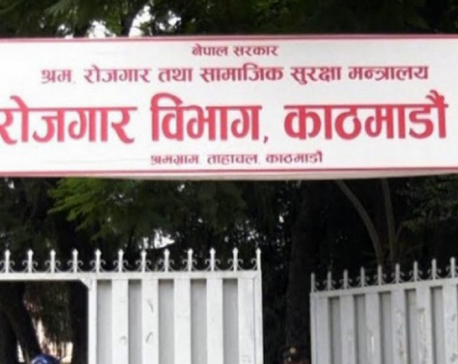
DoFE requests relevant parties to provide essential facilities to foreign workers traveling abroad
KATHMANDU, April 26: The Department of Foreign Employment (DoFE) has requested the relevant parties to ensure proper facilities for Nepali... Read More...





Just In
- Fugitive arrested after 26 years
- Indian Potash Ltd secures contract to bring 30,000 tons of urea within 107 days
- CAN adds four players to squad for T20 series against West Indies 'A'
- ‘Precast' technology introduced in the construction of bridges along Muglin-Pokhara road
- Leopard attack injures young man in Kanchanpur
- SC rejects writ petition filed against Home Minister Lamichhane
- Nepal and China sign two agreements in the presence of Finance Minister Pun
- Pun released on bail in Supreme Cooperative fraud case



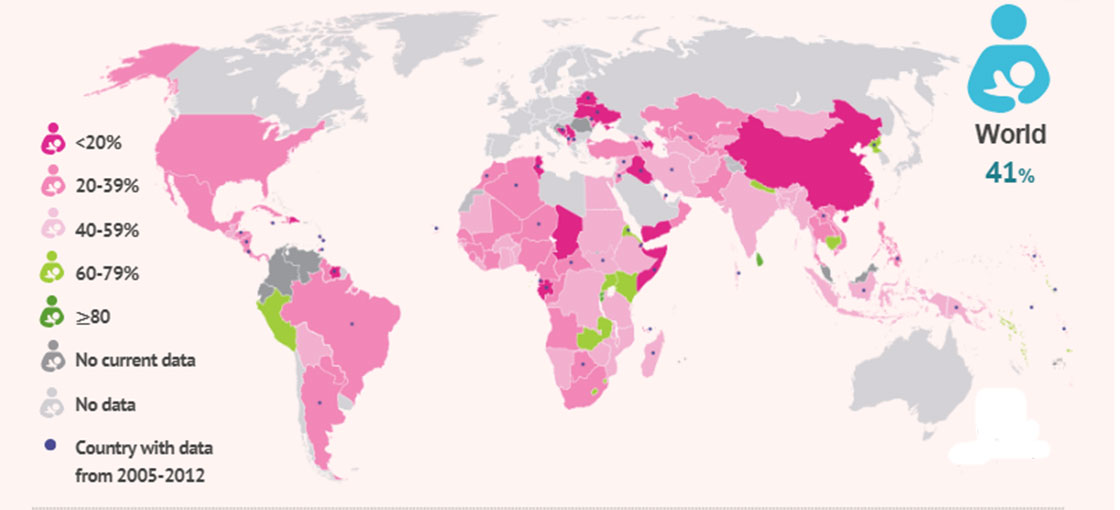
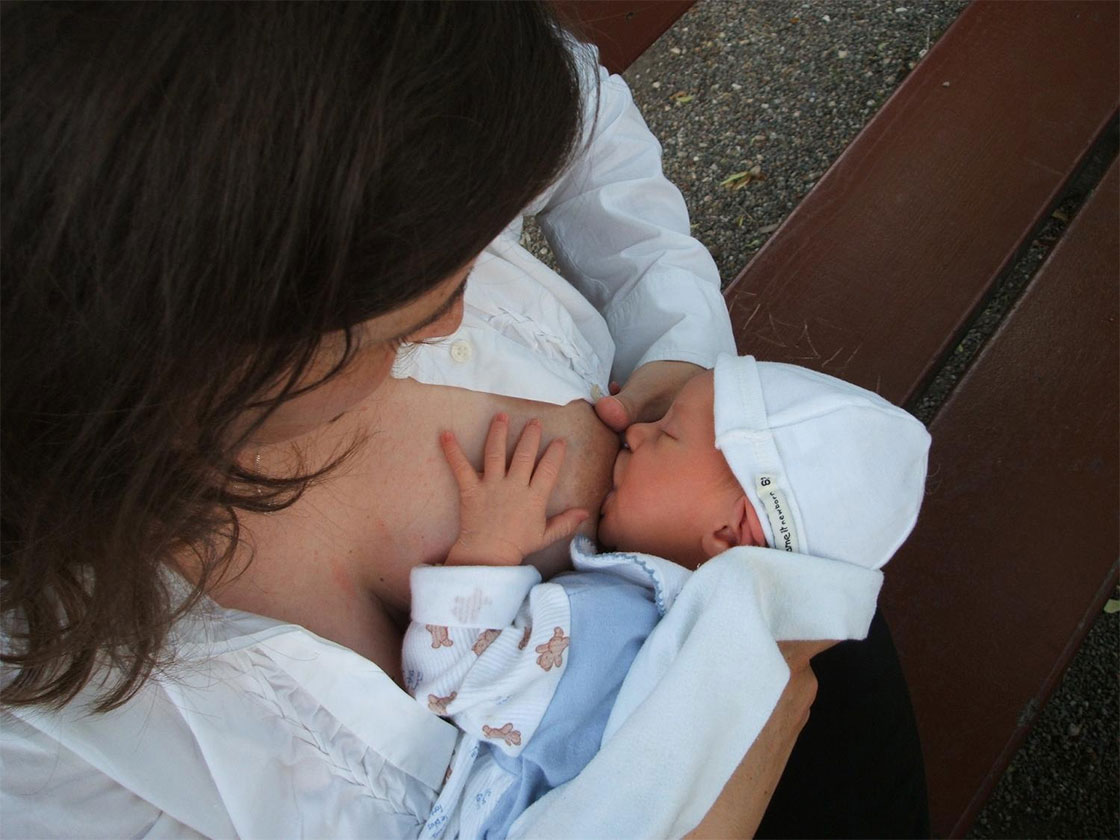
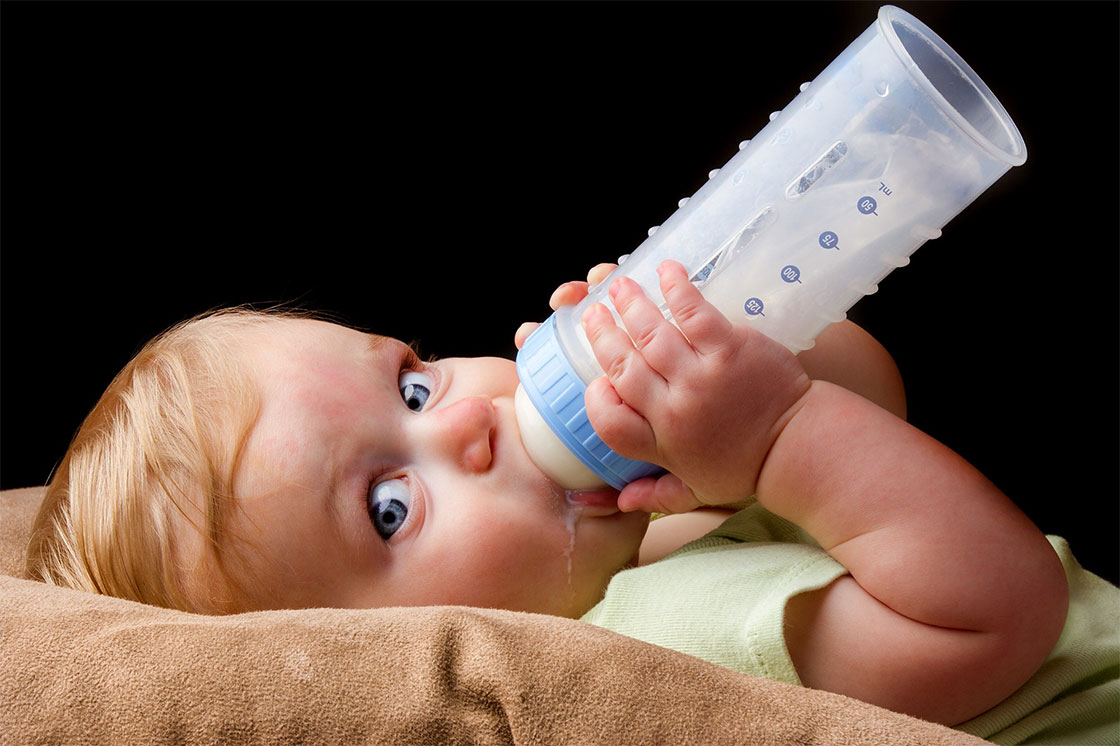











Leave A Comment